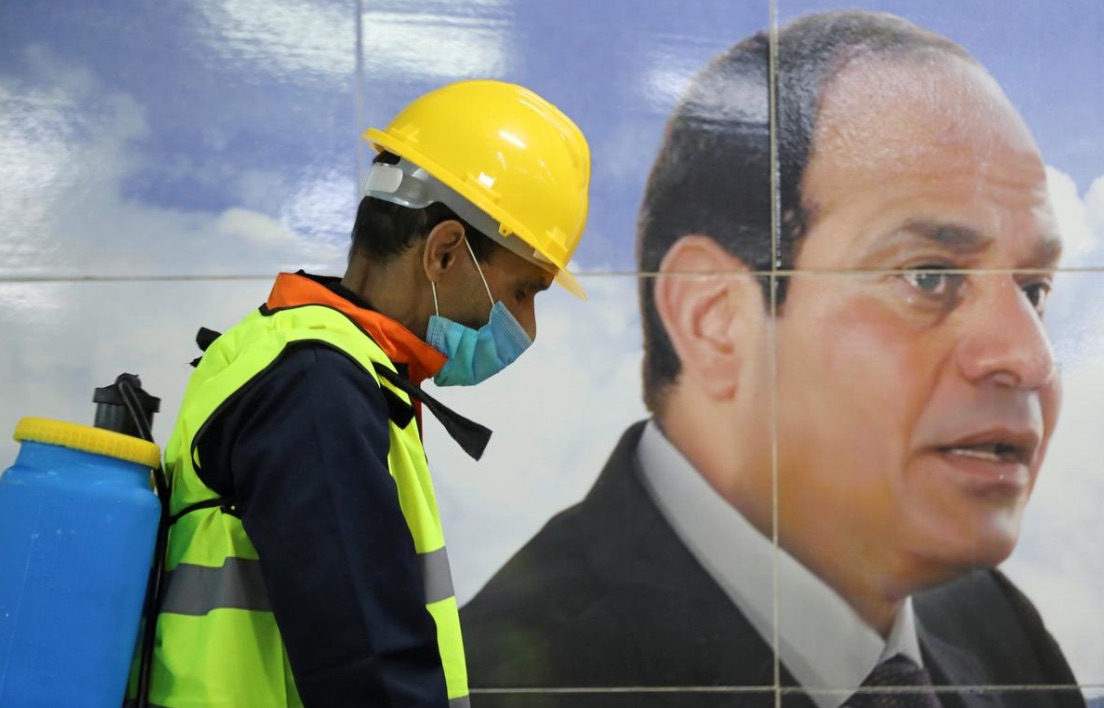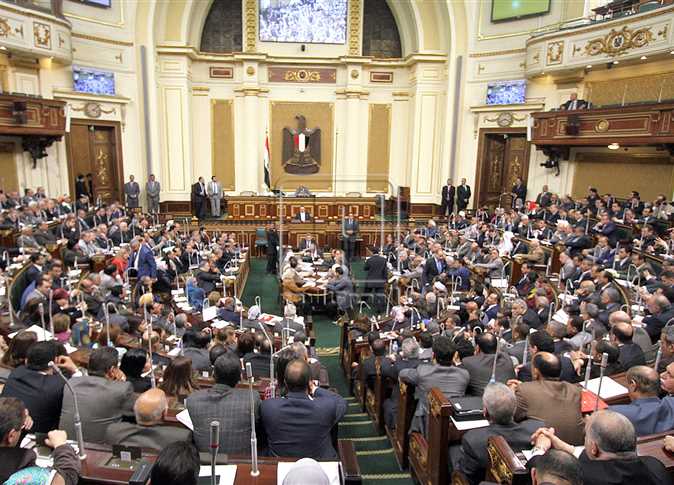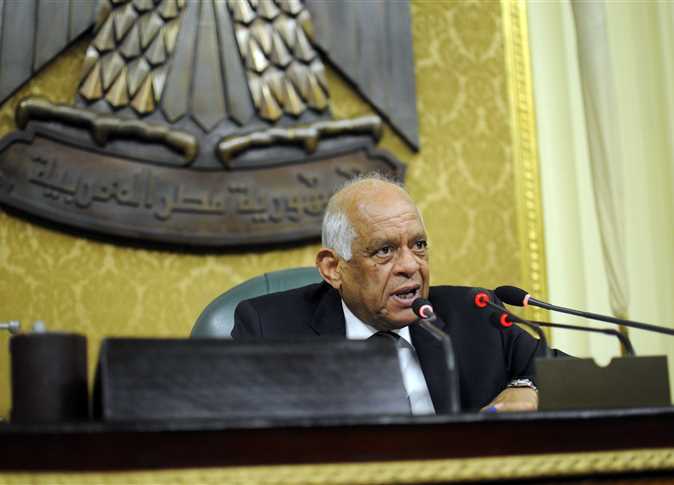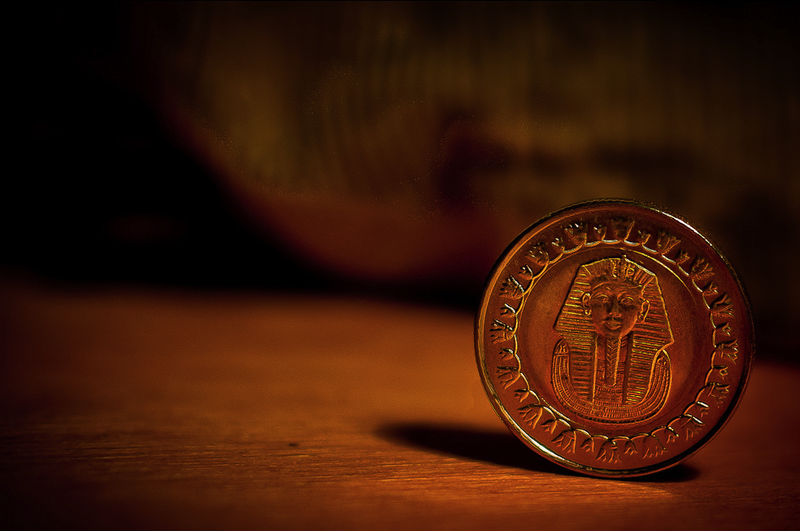Every stage of Egypt's supposedly democratic transition has been hailed as part of a bigger democratic gala; from the referendum on constitutional amendments and parliamentary elections, all the way to the announcement of the presidential election and the election of the Constituent Assembly.
At every one of those stages, state media, officials in power and their allies and even some of the opponents of the regime would start singing the glories of the historic democratic transformation Egypt is witnessing and the impact it would have on the lives of Egyptians and their standard of living.
It is time to reflect on this democratic gala and whether it has achieved the democracy that Egyptians revolted for.
The referendum on the constitutional amendments in March 2011 has caused a split among Egyptians, with Islamists as well as some liberals and leftists choosing to vote in favor of constitutional amendments out of a belief that a “yes” vote would bring military rule to a swifter end. But what the endorsement of the amendments actually did was shift revolutionary will away from purging institutions of corruption, bringing former regime figures to genuine trial and making plans to achieve social justice to a conflict over a bunch of constitutional articles.
This dispute gave the Supreme Council of the Armed Forces the opportunity to abort the revolution through a series of procedures which did not have to be put to a referendum, such as the law that criminalized strikes and the law that allowed reconciliation with corrupt businessmen and investors. In addition, the SCAF killed revolutionaries at Maspero, the cabinet and in Mohamed Mahmoud Street, slayings that several political powers claiming allegiance to the revolution ignored.
Egypt's new Parliament, supposedly another gala event, is preoccupied with debates on banning pornographic websites, khula divorce, and draft laws against the right to protest, with the worst yet to come. What's more, Parliament has turned into a tool in the hands of the majority bloc — the Muslim Brotherhood and Salafis — who are tilting at windmills and picking the wrong fights, such as their war with Prime Minister Kamal al-Ganzouri's cabinet. Their standoff with the government is meant to give the impression that the cabinet is responsible for all the problems that Egypt is going through. The truth, however, is that this government, like all previous ones, is subservient to the ruling SCAF, which should actually be the target of political powers working to bring about genuine change.
Whose democracy is it when Ahmed Shafiq, who was dismissed from premiership after the 25 January revolution when protesters staged a weeks-long sit-in to protest his appointment and Amr Moussa who served under Mubarak for years are our presidential candidates? Whose democracy is it when the decisions of the Presidential Elections Commission are immune from judicial oversight? We have to know that this is SCAF's democracy; they put out its rules, and are the main players in it.
The will of the people is the last thing that preoccupies the SCAF and politicians.
Finally, popular will was ignored yet again and an elitist approach was adopted when forming the Constituent Assembly. The assembly — which has now been dissolved — consisted of 100 members, most of them from the Islamist movements dominating Parliament along with a number of “harmless” public figures who have other political affiliations. And after a judicial ruling ordered the Assembly to be dissolved, political forces presented new propositions that are not less elitist than the original proposal for the committee.
Not a single survey was conducted to find out what rights and freedoms the people aspire to have or what they imagine the powers of the three branches of the state should be. This reflects how political forces see themselves as representing the people's will just because the people granted them some seats in Parliament and hence delegated them to write a constitution on their behalf.
Those are the results of the democratic transformation Egypt is undergoing, a transformation for which the people, the main stakeholders in revolution, paid dearly. The failures that marred the different phases of the process can be attributed to the fact that those in charge of the process as well as enthusiastic participants in it refuse to acknowledge that political democracy cannot be achieved until it has been realized at the socioeconomic level.
Egypt cannot become a democratic society in which the people rule unless the revolution is allowed to demolish the pillars of Mubarak’s regime and rebuild the society to favor the oppressed majority. This cannot be achieved through institutions that can only produce parliamentary interpellations or withdraw confidence in a government.
Democracy is not about just establishing representative bodies; rather these institutions and the laws they produce are tools to exercise democracy. Democracy itself is a process that should precede these institutions and legislations. The rights and freedoms of people should first be upheld and popular will should dictate political, economic and social orientations, rather than the will of the ruling elite or its allies. This should be accompanied by comprehensive cleansing of state institutions and fair and serious trials of former regime figures. Any other efforts will only work to reproduce tyranny.
A genuine struggle for democracy should not lead one political current or certain figures to enjoy certain privileges — it is a struggle to help everyone enjoy equal rights. This could be achieved if we choose to establish a popular democracy, one that is based on the direct participation of people in decisions concerning their lives, rather than calling on them to participate in parliamentary, presidential or local council elections every number of years without empowering them to hold the same officials accountable later on. Governorates, cities and villages should also make their own decisions, which requires some degree of autonomy and decentralization.
But we should be well aware that the elite controlling Egypt's wealth and positions of power will not allow for the implementation of this type of democracy willingly because it will strip them of the privileged positions they have attained. It will reveal lies about Parliament, the president and the constitution and show the people that they do not reflect their interests as much as they reflect those of the elite. Only this will bring down the former regime and pave the way for a new one whose makers are its owners.
Ahmed Ezzat is a member of the Revolutionary Socialists group and a lawyer at the Foundation for Freedom of Thought and Expression.
Translated by Dina Zafer




